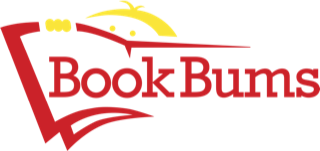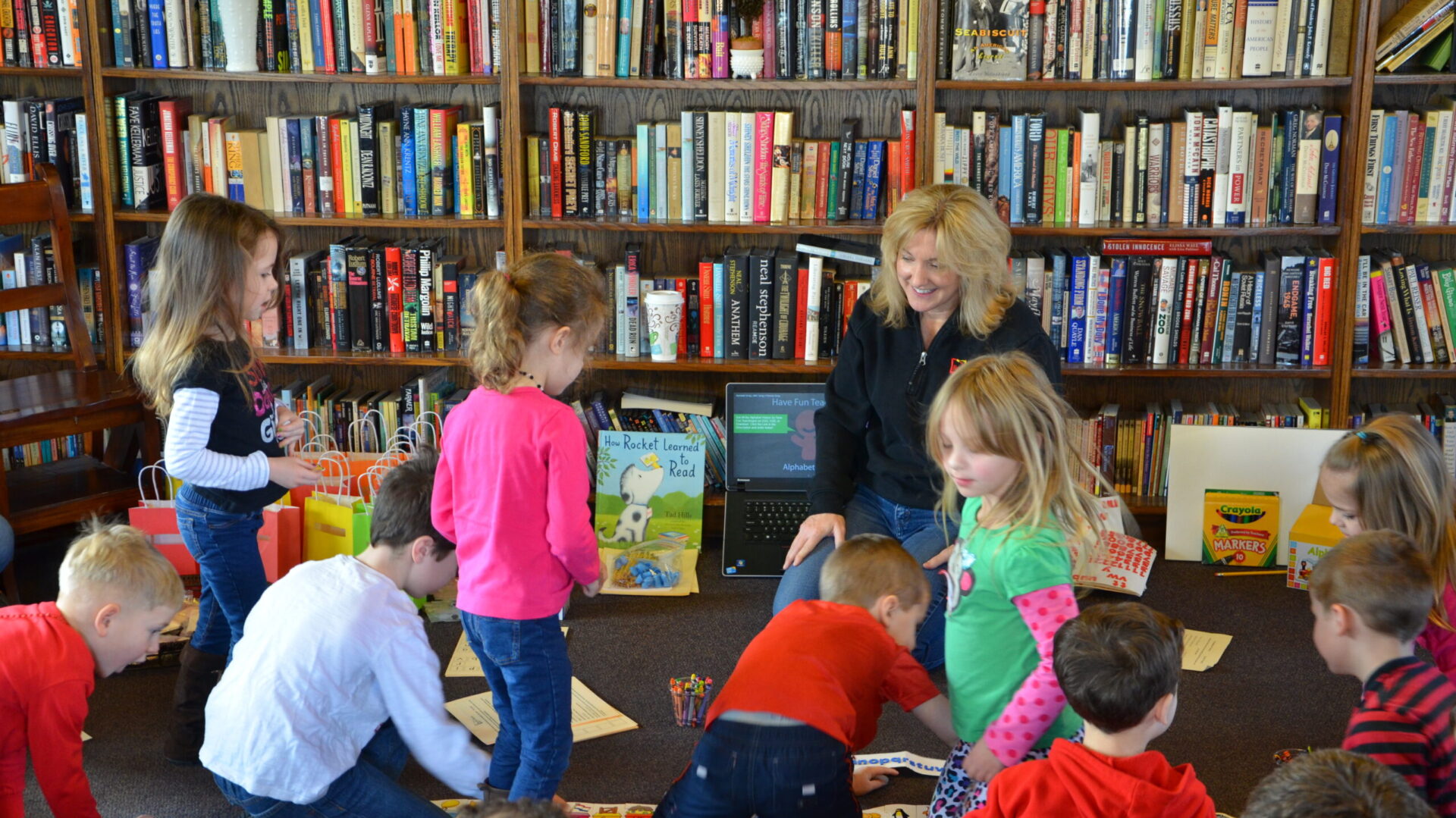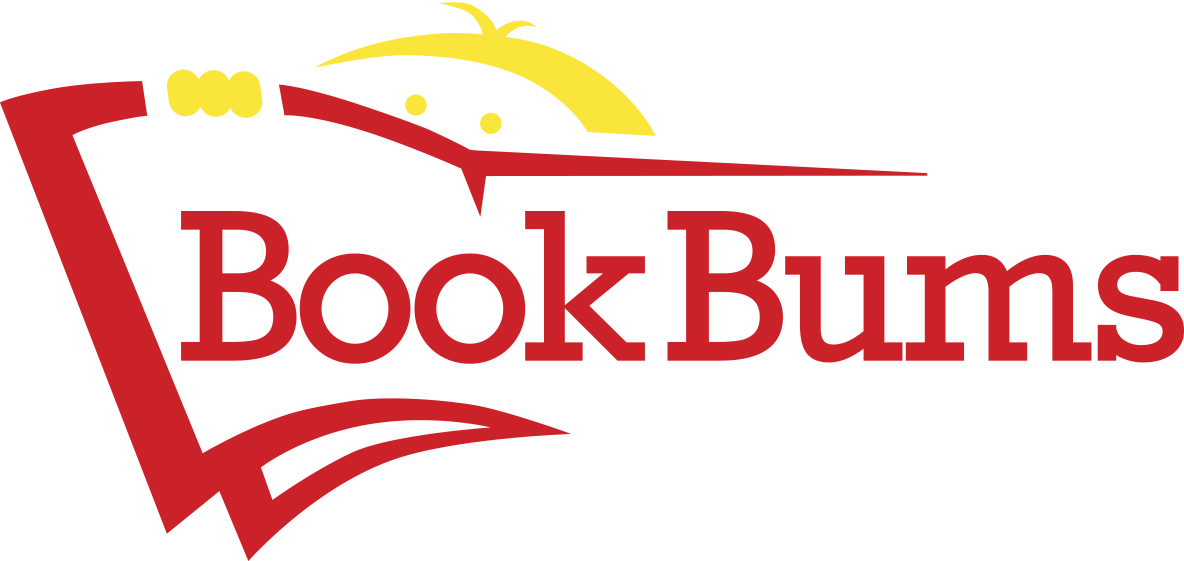
Hello Book Bums families!
This week in the newsletter we are diving into the alphabet.
Here's a fun alphabet game to play in the car or in a waiting room. The first person says, "A is for ..." The second player repeats what the first person said and adds, "B is for ..." Players go back and forth adding letter/example combinations until they've said all twenty-six letters. To make it more challenging focus on a single subject like animals or foods. It's a great memory game too.
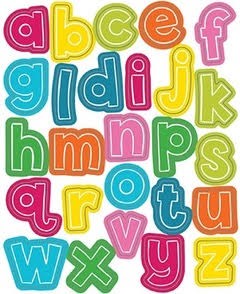
Bookbums.com is an Amazon Associate; We earn from qualifying purchases. This means that if you click on a link to Amazon.com and make a purchase, We may earn a small commission at no extra cost to you. We do recommend the products. Feel free to find them by other means.
Word of the Week
imminent (i-mah-nent) adjective/describing word - ready to take place, happening soon.
The sky full of dark clouds signaled that a storm was imminent.
Literary Calendar
• June 10 is National Ball Point Pen Day.
• The date marks the anniversary of the patent filing, in 1943, by the Biro brothers.
• Though today we have many choices of writing implements, prior to ball point pens it was basically pencils or fountain pens. The new pens provided a cleaner writing option.
From our Bookshelves
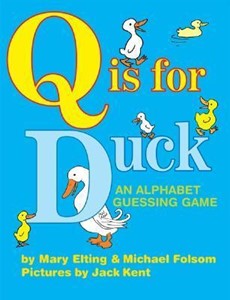
Q is for Duck: An Alphabet Guessing Game, is such an engaging book for kids! Mary Eiting & Michael Folsom wrote this book that, at first glance, may seem a bit wacky, because . . . Why isn’t it D is for Duck? However, when you begin reading, you realize that this book isn’t explicitly teaching kids letter sounds. Rather, it’s prompting kids to think about how the letter q might be related to ducks. So kids need to recall that the letter q (with a u) represents the sounds, /kw/ and then they must think of a word that begins with /kw/ that relates to ducks. I bet you guessed this one. The featured word is quack. One thing I’d challenge my kids to do is to try to think of at least one more word that could work. As I read Q is for Duck, I found that there were times when the word I guessed didn’t match the word in the book. That’s fine too! What a great way to engage kids with letters and the sounds they represent! I love watching kids’ minds at work. Don’t you?
Tips for Readers and Writers
If your kids are in elementary school or younger, we’ve got some alphabet tools that might help your kids gain some academic ground this summer.
If you have young kids, check out these alphabet Matching Eggs. They come in a nifty container that travels well, and my grandkids love them! They enjoy taking the eggs apart, stamping the letters in Play-Doh or Kinetic Sand, connecting the letters to make whole eggs (requiring just enough fine-motor challenge) with some support provided by the color, and they provide the perfect opportunity to name the letters and the sounds they represent. The only thing that would be better is lowercase Matching Eggs.
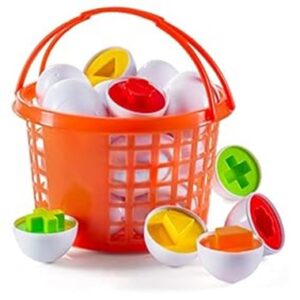
To promote pencil grip and letter recognition, try this Alphabet Dot to Dot. Sing the song while your child searches for each letter. While they’re making their way to each letter, you can share the sounds those letters represent by saying, “D says /d/ like in daddy.”
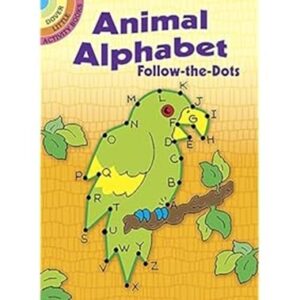
Snacks or sweet treats can certainly be helpful in teaching kids letters and sounds. Have you seen these gummy treats? Or how about these alphabet cookies from Walmart?
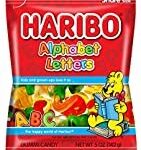
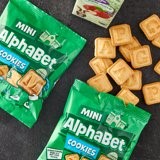
For older kids, try this game called Spot It! You flip over a card so that two circular cards are face up on the table, and the goal of the game is to be the first one to spot the two matching letters or shapes that are on both cards. It’s like an alphabet Where’s Waldo? but easier.
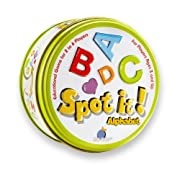
We also highly recommend P is for Pterodatyl: The Worst Alphabet Book Ever. This is such a funny alphabet book for older kids, because like the title indicates, the words beginning with the featured letters do not make the expected sounds. What a fun way to notice wacky word spellings!
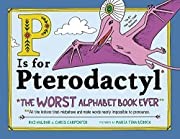
Finally, if you plan for your children to do some writing this summer, I’d love for you to check out the Alphabet Center. It looks teacher-y, and though you could use it as intended; I’ve got a better idea. I fold the top down and use only the yellow pockets with letters on them. You’ll also need lots of blank 3x5 index cards and a Sharpie.
As your kids are writing letters, composing stories, or completing summer homework, you do some work of your own nearby. When your kids don’t know how to spell a word they want to write, tell them to ask you. You can either make each sound and invite the child to tell you which letter or letter combination makes that sound as you record it on an index card, or you can ask the child to stretch out the sounds and you write the letters on the card. Your kids will then take the card and use it to write the word on their papers, correctly—making the sounds as they spell the word. Finally, they must place the word card in the appropriate letter pocket so they can easily find it, if needed, the next time. Before kids are permitted to approach you for a spelling word, they must first look in the letter pocket for that word.
This is such important work. As kids are looking through the word cards, they are looking at the letters and thinking about the sounds those letters represent. Your kids should be able to recognize when words match and don’t match the words they’re looking for.
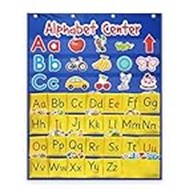
NOTE: When my students were writing, we often played this song on repeat. See if you recognize “Wonderful Day” by Chance the Rapper. It’s a great message that just might take you back to your days in elementary school. Give it a minute, and you’ll see why we all loved it!
Tips for Families
If you have a preschooler and someone is telling you that s/he’s behind because s/he doesn’t know their sight words, take a breath. Your child isn’t behind. Preschoolers should be learning about letters, the sounds those letters represent, when words rhyme, and how to flip through the pages of books. They should be able to listen to short stories and maintain interest and perhaps even participate, in some way, in the telling of a story. They should NOT, however, under any circumstance, feel pressure to memorize words. Are preschoolers too young to learn to read? No. I believe many, many kids could be equipped to read at four years of age; but they are not behind if they are not reading at the age of four.
News from Book Bums
• Did you know that we get the word alphabet from the first two letters of the Greek alphabet, alpha and beta?
• We use alpha on its own to mean someone or something that is first, like the alpha wolf in a pack.
• We use beta on its own to mean someone or something that is second or not quite ready, such as beta testing a product before sharing it widely.
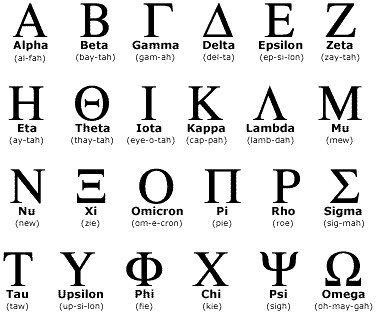
Practical Grammar
There’s slippery slopes out there . . . (Yikes!)
The contraction there’s is there + is. That means there’s should be used only with singular nouns. If the noun is plural, we must say there are.
Have you heard folks say things like, “There’s lots of opportunities . . .” or “There’s so many things we can do . . .” Those are wrong. Opportunities and things are plural, so it should be, “There are lots of opportunities,” and “There are so many things we can do.”
When you notice folks misusing there’s, cringe is imminent.
If you know someone who would benefit from our newsletter or tutoring at Book Bums, please share this email with them! Thank you.
Copyright © 2024 Book Bums, All rights reserved
Our mailing address is:
7967 Cincinnati-Dayton Road Suite L
West Chester, OH 45069
